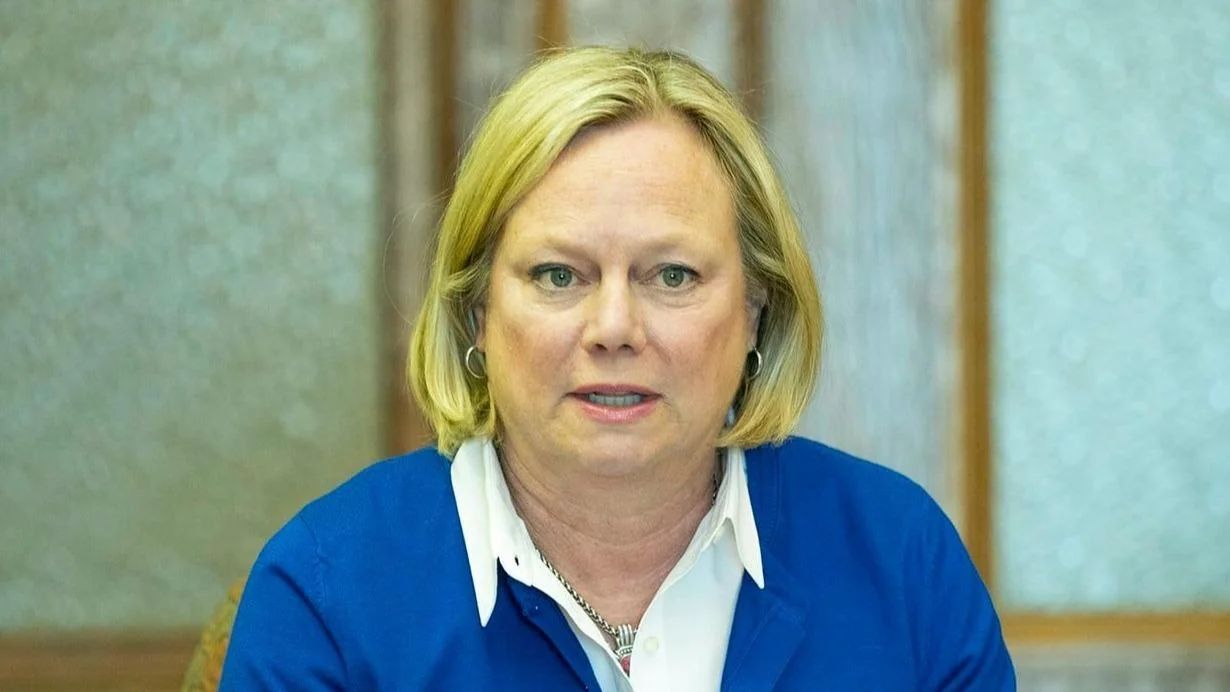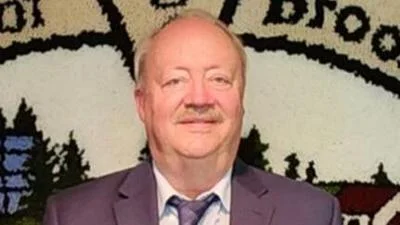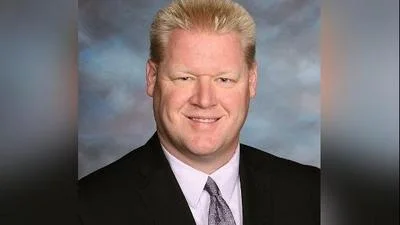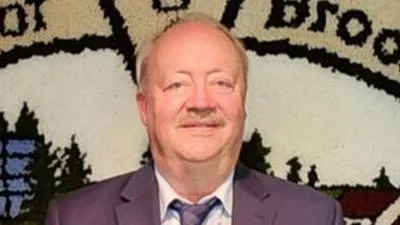Cindi Duchow, Wisconsin State Representative for 97th District | https://www.facebook.com
Cindi Duchow, Wisconsin State Representative for 97th District | https://www.facebook.com
According to the Wisconsin State Legislature's official website, the bill was described as follows: "the law enforcement officers’ bill of rights".
The following is our breakdown, based on the actual bill text, and may include interpretation to clarify its provisions.
In essence, this bill repeals Section 164.05 of the statutes, which contains the law enforcement officers' bill of rights. The existing bill of rights provides protections for certain law enforcement officers regarding political activity, interrogation procedures, candidacy for public office, and employment discrimination related to exercising these rights. These protections currently apply only to officers employed by a city, village, town, or county. With the repeal, the bill extends these rights to include all individuals employed by the state or municipalities who have the authority to make arrests and enforce laws or ordinances.
The bill was co-authored by Senator Jesse L. James (Republican-23rd District), Representative David Armstrong (Republican-67th District), Representative Elijah R. Behnke (Republican-6th District), Representative Lindee Rae Brill (Republican-27th District), Representative Robert Brooks (Republican-59th District). It was co-sponsored by Senator Rachael Cabral-Guevara (Republican-19th District), Senator André Jacque (Republican-1st District), and Senator Howard L. Marklein (Republican-17th District), along seven other co-sponsors.
Cindi Duchow has co-authored or authored another 44 bills since the beginning of the 2025 session, with none of them being enacted.
Duchow graduated from the University of Wisconsin.
Duchow, a Republican, was elected to the Wisconsin State Assembly in 2025 to represent the state's 97th Assembly district, replacing previous state representative Scott Allen.
In Wisconsin, the legislative process starts when a senator, constituent, group, or agency proposes an idea for a bill. After drafting, the bill is introduced, numbered, and referred to a committee for review and public input. If approved, it moves through three readings and votes in both the Senate and Assembly. Once both chambers pass the same version, the bill goes to the governor, who can sign it, veto it, or let it become law without a signature. Only a small share of bills introduced each session ultimately become law. You can learn more about the Wisconsin legislative process here.
| Bill Number | Date Introduced | Short Description |
|---|---|---|
| AB229 | 05/02/2025 | The law enforcement officers’ bill of rights |
| AB225 | 04/23/2025 | Determination of where a defendant resides or does substantial business for purposes of venue |
| AB206 | 04/23/2025 | The procedure for adding federal newborn screening recommendations to the state-required newborn screenings, granting rule-making authority, and providing an exemption from emergency rule procedures. (FE) |
| AB148 | 03/17/2025 | Interpreter action by telephone or live audiovisual means in civil or criminal proceedings |
| AB139 | 03/17/2025 | A tax credit for relocating to this state due to Hurricane Helene or the Los Angeles wildfires. (FE) |
| AB71 | 02/24/2025 | School district operating referenda |
| AB51 | 02/20/2025 | Participation in interscholastic athletics and application of the public records and open meetings laws to interscholastic athletic associations |
| AB34 | 02/17/2025 | Court-issued criminal complaints in officer-involved deaths |
| AB8 | 02/06/2025 | Agreements for direct primary care |






 Alerts Sign-up
Alerts Sign-up